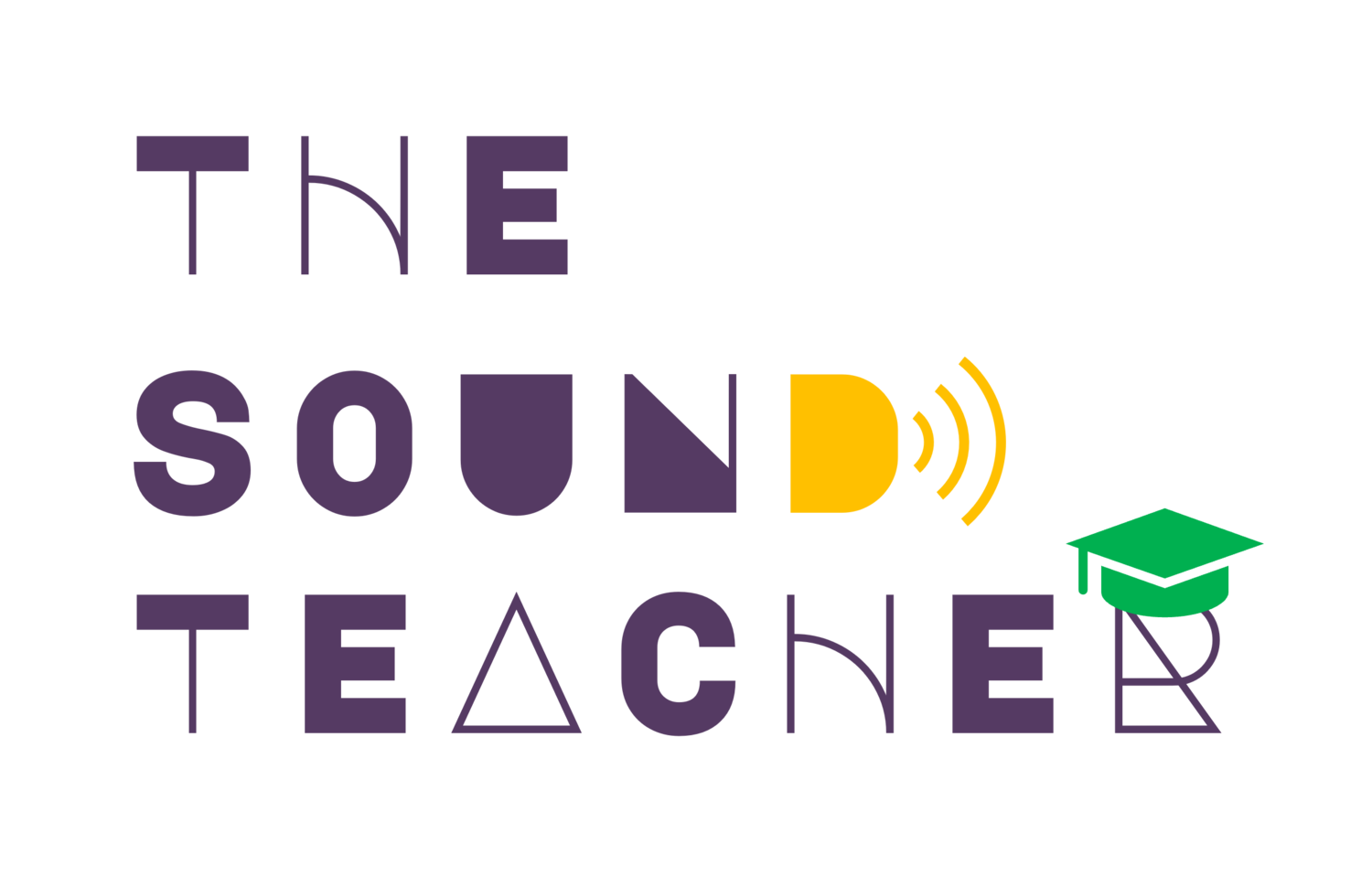Tune your ears to your chosen language





Going on holiday and want to understand the language?
Preparing for speaking and listening exams now or in the future?
Learning a language?
Want to fine tune the language work you have already achieved?
Struggling with accent and fluency, and want to sound more like a native speaker?
Why do many of us struggle to pick up a foreign language?
Each language has its own unique 'frequency band pass'. Spanish, French and Italian for example have very narrow, or ‘short’ band passes. Russian on the other hand has a very wide band pass.
The following video explains why, for example, French native speakers have a hard time when they have to learn British English!
Video extract from ‘Linguistic integration with the Tomatis® Method’ presented by Valérie Gas (Tomatis® Consultant and Clinical Psychologist, Tomatis® Centre, Paris).
“French (native speakers) have no idea where to put the tongue to make sounds like ‘t’ and ‘h’ to say ‘the’ - the sound doesn’t exist in French.”
“Russian [language] has a very wide band pass. This makes it easier to learn foreign languages because [Russian] covers most of the frequencies of all the other languages, so that facilitates learning.”
Sound processing.
Sound processing in the brain is strongly influenced by the languages we speak, the music we make, and our brain health.
Source: OF SOUND MIND. How Our Brain Constructs a Meaningful Sonic World (Nina Kraus, September 2021, MIT Press) SEE MORE
Learning a language is no easy task!
Your cochlea (inner ear) analyses sounds. Lack of exposure to the frequencies of a target language will influence your ability to speak and be understood in that language.
Moreover, learning a language is influenced by your posture, muscle tone, emotional state and even willingness to learn. You need to overcome these factors for progress to happen.
There are many physiological, emotional and psychological factors involved in learning a new language.
Tomatis® sound and listening therapy can help.
Tomatis® sound and listening therapy helps to tune your ears to your target language. It’s a bit like travelling to that country for 6 months, but it only takes a 14 days listening intensive in your own home to get great results!
The programmes are specifically tuned to the frequencies of the target language, teaching your brain to pay more attention to them. Through repetition your ears and your voice assimilate these frequencies and help you to decode the language more easily.
Use a microphone for audio-vocal work.
The Infinite headphones come with a microphone attachment so you can listen to yourself speak.
Order yours here.
Unlike other linguistic learning devices and apps, it is the combination of a bone conduction vibrator in the headset and the integrated microphone that makes Tomatis® unique and a totally different approach.
Use Tomatis® therapy and the Infinite headphones for the complete language integration experience. Use audio-vocal work to improve your voice:
Timbre
Pitch and Tone
Articulation
Fluency and expressive skills
For foreign language learning improve:
Phonological awareness of speech sounds you are not used to hearing
Decoding in reading and pronouncing new words
Comprehension and analysis
Regulation of the rhythm and timing of spoken words and phrases
Try a sound therapy intensive today to tune your ears to your target language. The brain does the rest!





